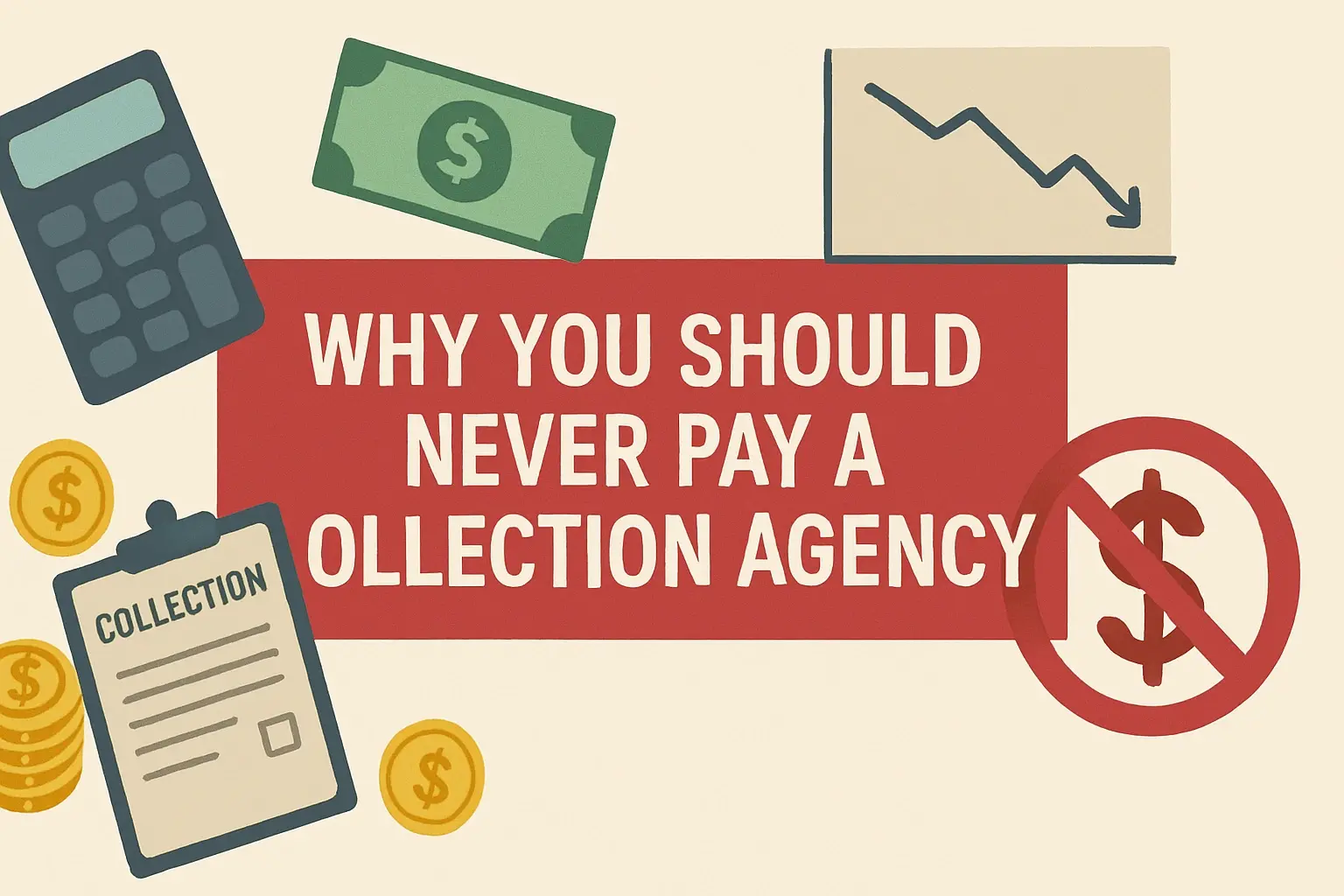Understanding Credit Scores: The Basics
Your credit score is a three-digit number that summarizes your creditworthiness. It's a snapshot of how responsibly you've managed credit in the past and a predictor of how likely you are to repay debts in the future. Lenders use your credit score to assess risk and determine whether to approve you for loans, credit cards, and other forms of credit. A higher credit score generally translates to better interest rates and more favorable terms.
The most commonly used credit scoring model is the FICO score, which ranges from 300 to 850. Other scoring models exist, such as VantageScore, which also uses a similar range.
Why Credit Scores Matter
Your credit score affects more than just your ability to get a loan. It can also impact:
- Interest rates on loans and credit cards: Higher scores get you lower rates, saving you money.
- Approval for loans and credit cards: A good score increases your chances of approval.
- Insurance premiums: Some insurers use credit scores to determine premiums.
- Rental applications: Landlords often check credit scores.
- Employment: Some employers check credit scores as part of the hiring process.
Is a 792 Credit Score Good? The Definitive Answer
Yes, a 792 credit score is considered very good to excellent. In most FICO scoring models, a score of 792 falls into the "very good" category, often bordering on "exceptional." This means you've demonstrated a strong history of responsible credit management and are seen as a low-risk borrower. You're highly likely to be approved for loans and credit cards, and you'll typically qualify for the best available interest rates and terms.
Breaking Down the Credit Score Ranges
To put a 792 credit score in context, let's look at the standard FICO score ranges:
- Exceptional (800-850): The highest possible range. Borrowers in this range qualify for the best terms.
- Very Good (740-799): Excellent credit management. You'll likely be approved for most credit products with favorable terms.
- Good (670-739): A solid credit history. You'll generally be approved for credit, but interest rates might be slightly higher.
- Fair (580-669): Credit history needs improvement. You may face higher interest rates and difficulty getting approved.
- Poor (300-579): Significant credit issues. Difficult to obtain credit and high interest rates.
As you can see, a 792 credit score puts you well above the average and in a very desirable position for obtaining credit.
The Benefits of a 792 Credit Score
Having a 792 credit score unlocks a multitude of benefits, making your financial life easier and more affordable. Here are some key advantages:
- Lower Interest Rates: This is arguably the biggest benefit. Whether you're applying for a mortgage, auto loan, personal loan, or credit card, you'll qualify for significantly lower interest rates compared to someone with a lower credit score. This can save you thousands of dollars over the life of a loan.
- Higher Credit Limits: With a strong credit history, you're more likely to be approved for higher credit limits on your credit cards. This provides greater purchasing power and flexibility.
- Better Loan Terms: Beyond just lower interest rates, you may also be able to negotiate more favorable loan terms, such as longer repayment periods or lower fees.
- Easier Approval for Loans and Credit Cards: Lenders are more confident in lending to individuals with excellent credit scores, making the approval process smoother and faster.
- Access to Premium Credit Cards: Many premium credit cards with valuable rewards programs, travel perks, and other benefits are reserved for those with excellent credit. A 792 score opens the door to these opportunities.
- Negotiating Power: Your strong credit score gives you leverage when negotiating with service providers, such as insurance companies or utility companies. You may be able to secure better rates or terms simply by highlighting your creditworthiness.
- Refinancing Opportunities: If you already have a loan or mortgage, you can refinance at a lower interest rate thanks to your excellent credit score. This can significantly reduce your monthly payments and save you money over time.
Maintaining and Improving Your 792 Credit Score
While a 792 credit score is excellent, it's important to maintain it and, if possible, strive to improve it even further. Here's how:
1. Continue Making On-Time Payments
Payment history is the single most important factor in your credit score. Always pay your bills on time, every time. Set up automatic payments to avoid missing deadlines. Even a single late payment can negatively impact your score.
2. Keep Credit Utilization Low
Credit utilization is the amount of credit you're using compared to your total available credit. Aim to keep your credit utilization below 30%, and ideally below 10%. For example, if you have a credit card with a $10,000 limit, try to keep your balance below $3,000 (or even better, below $1,000).
3. Monitor Your Credit Report Regularly
Check your credit report from all three major credit bureaus (Equifax, Experian, and TransUnion) at least once a year. You can get a free copy of your report from each bureau annually at AnnualCreditReport.com. Look for any errors or inaccuracies and dispute them immediately. Errors can negatively impact your score.
4. Be Mindful of Credit Inquiries
Each time you apply for credit, a hard inquiry is added to your credit report. Too many hard inquiries in a short period of time can lower your score. Avoid applying for multiple credit cards or loans at once unless absolutely necessary.
5. Consider a Credit Mix
Having a mix of different types of credit accounts (e.g., credit cards, installment loans) can slightly improve your credit score. However, don't take out new credit accounts just for the sake of improving your credit mix. Only do so if it aligns with your financial needs.
6. Become an Authorized User
If a trusted family member or friend has a credit card with a long, positive payment history, consider becoming an authorized user on their account. This can help build your credit history, especially if you're new to credit.
Common Myths About Credit Scores
There are many misconceptions about credit scores. Let's debunk a few common myths:
- Myth: Checking your credit score will lower it. Fact: Checking your own credit score is considered a "soft inquiry" and does not affect your score.
- Myth: Closing a credit card will improve your credit score. Fact: Closing a credit card can actually lower your score, as it reduces your overall available credit and increases your credit utilization ratio.
- Myth: You need to carry a balance on your credit card to build credit. Fact: You only need to use your credit card and pay off the balance in full each month to build credit. Carrying a balance accrues interest charges and doesn't improve your score any faster.
- Myth: All credit scores are the same. Fact: Different credit scoring models exist, and your score can vary slightly depending on the model used.
- Myth: Paying off a debt immediately removes it from your credit report. Fact: Even after you pay off a debt, it will remain on your credit report for a certain period of time (typically 7 years). However, a paid-off debt looks much better than an unpaid debt.
Achieving an Exceptional Credit Score (800+)
While a 792 is excellent, pushing your score into the 800+ range unlocks even more possibilities. Here are some advanced strategies to consider:
- Optimize Credit Utilization: Strive for single-digit utilization. Consistently keeping your balances very low demonstrates exceptional financial discipline.
- Strategic Credit Card Management: Consider opening a new credit card strategically. Look for cards with rewards you'll actually use, and ensure you can manage the account responsibly.
- Long-Term Consistency: Building an exceptional credit score takes time and consistent responsible behavior. Continue making on-time payments and managing your credit carefully.
- Monitor for Subtle Errors: Even minor inaccuracies on your credit report can hold you back. Be vigilant in reviewing your reports and disputing anything suspicious.











